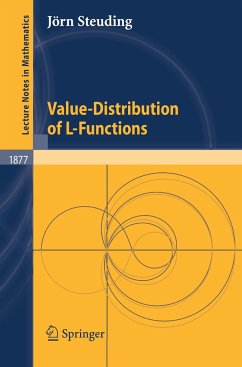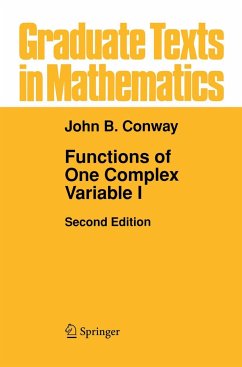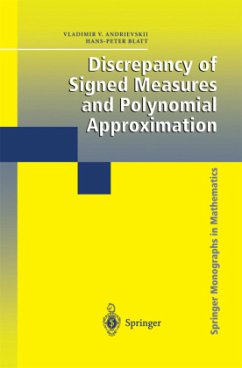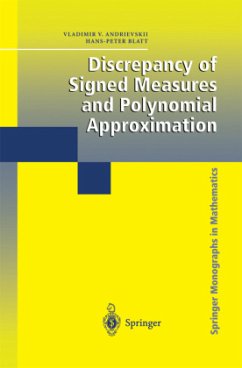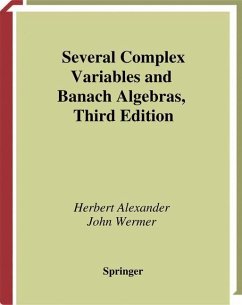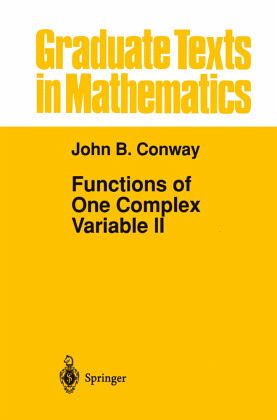
Functions of One Complex Variable II
Versandkostenfrei!
Versandfertig in 1-2 Wochen
37,99 €
inkl. MwSt.
Weitere Ausgaben:

PAYBACK Punkte
19 °P sammeln!
This book discusses a variety of problems which are usually treated in a second course on the theory of functions of one complex variable. It treats several topics in geometric function theory as well as potential theory in the plane. In particular it covers: conformal equivalence for simply connected regions, conformal equivalence for finitely connected regions, analytic covering maps, de Branges' proof of the Bieberbach conjecture, harmonic functions, Hardy spaces on the disk, potential theory in the plane. The level of the material is gauged for graduate students. Chapters XIII through XVII have the same prerequisites as the first volume of this text, GTM 11. For the remainder of the text it is assumed that the reader has a knowledge of integration theory and functional analysis. Definitions and theorems are stated clearly and precisely. Also contained in this book is an abundance of exercises of various degrees of difficulty.
This is the sequel to my book Functions of One Complex Variable I, and probably a good opportunity to express my appreciation to the mathemat ical community for its reception of that work. In retrospect, writing that book was a crazy venture. As a graduate student I had had one of the worst learning experiences of my career when I took complex analysis; a truly bad teacher. As a non-tenured assistant professor, the department allowed me to teach the graduate course in complex analysis. They thought I knew the material; I wanted to learn it. I adopted a standard text and shortly after beginning to prepare my lectures I became dissatisfied. All the books in print had virtues; but I was educated as a modern analyst, not a classical one, and they failed to satisfy me. This set a pattern for me in learning new mathematics after I had become a mathematician. Some topics I found satisfactorily treated in some sources; some I read in many books and then recast in my own style. There is also the matter of philosophy and point of view. Going from a certain mathematical vantage point to another is thought by many as being independent of the path; certainly true if your only objective is getting there. But getting there is often half the fun and often there is twice the value in the journey if the path is properly chosen.







